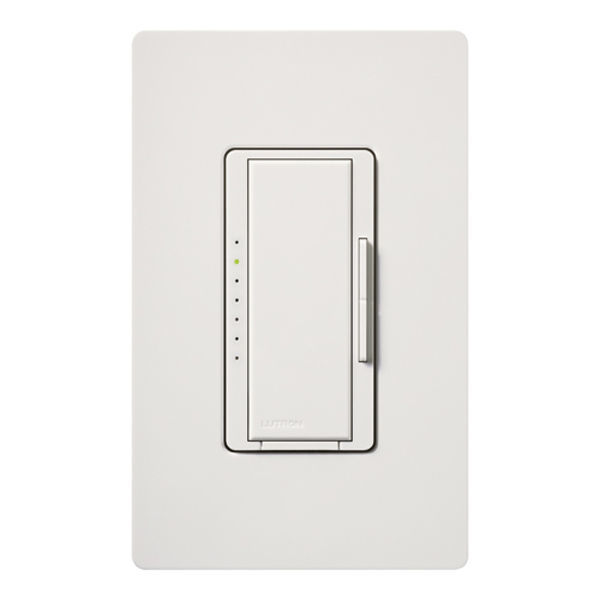
So, if you want a smart dimmer you can rely on (even when the wi-fi is down) and don’t mind paying the price, then this dimmer will work for you unless it doesn’t (but it probably will). But this thing gets away with it! (Basically, installation is super easy.) The innovative MDRC LED dimmer now makes.


Third of all, when you hook this dimmer up to your wall, you don’t need a neutral wire (which is necessary to power outlets and the like), which is unusual for smart dimmers. Comfortable control of light for a wide range of lamps ABB provides clarity and safety in the selection of. Second of all, if you have this less-than-cheap extra device thing, you can control it with Alexa and program it with your phone to do all sorts of things, like turning on and off automatically even when the internet is out. Okay, this thing may be pretty steep in the cha-chinga department for being a simple smart dimmer, but the thing is, it ain’t no simple smart dimmer.įirst of all, it can be controlled with a remote that doubles as a mountable switch that can be used anywhere in or around the house (you can also get more remotes to add more switches). You will need a special dimmer which may cost quite a bit more than a standard dimmer. This is worth reading if you plan to ever use a dimmer with an LED bulb.

I wrote about why LED lights buzz or hum when used with a dimmer. Also, do you have to use a special dimmer switch for LED lights While most LED bulbs are now dimmable, not all of them are and not all of them dim in the same manner Since LEDs consume such a low wattage, many types of dimmers do not function with LED in the same way that they do. As traditional dimmers are only compatible with lights of a particular minimum power level, some of these dimmers could even fail to function altogether with LED bulbs. Want to be able to control the lights from anywhere in the room? BAM! Done! With this ground-breaking technology, you no longer have to walk over to something to turn it on or off! In fact, you can even have it turn on automatically! (Wow!) Some work better with incandescent and fluorescent lights but do not work well at all with LEDs. So, if you have say an LED light fitted beneath a cabinet or in a recessed casing, you may need to source a special LED dimmer in order to optimise performance.


 0 kommentar(er)
0 kommentar(er)
